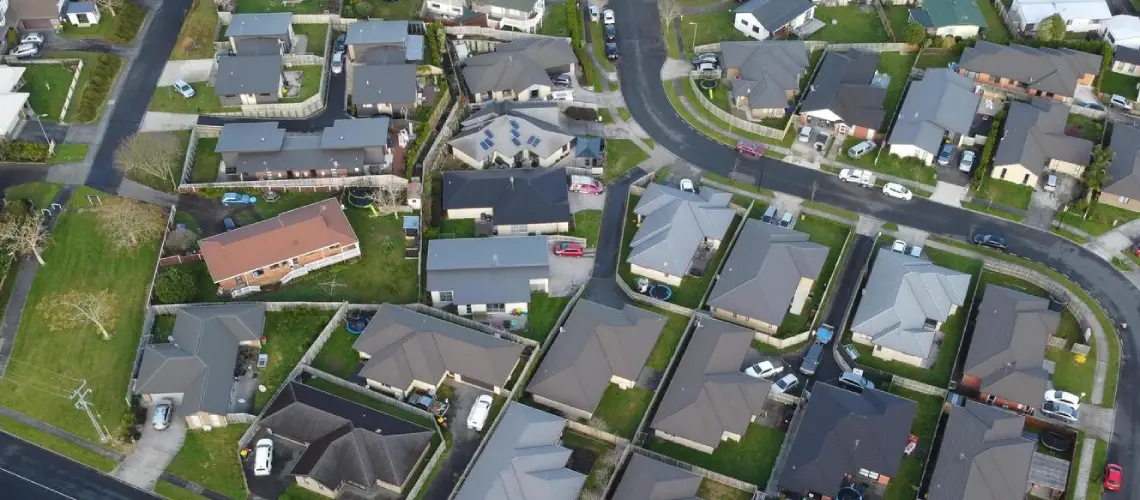The Tasmania property market is shaped by a variety of economic, social, and environmental factors that directly impact property valuations. Changes in demand, supply, government policies, and interest rates can significantly influence the market value of homes, commercial properties, and investment assets across the state.
For homeowners, investors, and real estate professionals, understanding how the Tasmania property market affects valuations is essential for making informed property decisions.
This article explores the key factors influencing Tasmania’s property market, their effect on property valuations, and how valuers assess real estate in changing market conditions.
Key Factors That Influence Property Valuations in Tasmania
Population Growth & Housing Demand
- Tasmania’s population has been steadily increasing, particularly in cities like Hobart, Launceston, and Devonport
- Demand for housing has led to higher property values, especially in areas experiencing rapid growth and infrastructure expansion
- Limited supply in high-demand suburbs has driven prices up, impacting valuations across the state
Interstate & Overseas Investment
- Tasmania has become a highly attractive market for interstate and overseas buyers due to affordable property prices compared to mainland Australia
- Increased investor interest has resulted in price growth and higher property valuations, particularly in Hobart
- Investment in short-term rental properties (Airbnb, holiday homes) has further driven demand in key tourist areas
Interest Rates & Mortgage Lending Policies
- The Reserve Bank of Australia (RBA) influences property valuations through interest rate changes
- When interest rates are low, borrowing becomes easier, leading to increased buyer demand and higher valuations
- Rising interest rates can reduce affordability, leading to declining property values in some markets
Infrastructure Development & Suburb Growth
- New transport links, schools, and commercial developments increase demand in certain areas, pushing property values up
- Suburbs with planned infrastructure projects tend to experience higher valuation growth due to anticipated population growth
- Areas with aging infrastructure or limited access to amenities may see slower valuation growth
Government Housing Policies & Taxation
- First-home buyer incentives and stamp duty exemptions can boost buyer demand, impacting property values
- Land tax policies influence investment property valuations, affecting rental yields and long-term property appreciation
- Changes to foreign investment regulations can impact demand for high-end properties and influence valuation trends
How the Tasmania Property Market Affects Different Types of Valuations
Residential Property Valuations
- Popular suburbs like Battery Point, Sandy Bay, and West Hobart attract higher valuations due to strong demand
- Growth areas such as Kingston and New Norfolk are experiencing increased property values due to new developments and improved amenities
Commercial Property Valuations
- Demand for office spaces and retail properties is influenced by Tasmania’s economic performance
- The rise of remote work and flexible office arrangements has led to valuation fluctuations in commercial properties
Investment Property Valuations
- Investors assess rental yield, capital growth, and risk factors when determining property values
- Valuations for short-term rental properties (Airbnb, holiday accommodations) can be higher in tourist-heavy areas like Hobart and Launceston
Development Site Valuations
- Properties with rezoning potential or subdivision opportunities tend to attract higher valuations
- Development restrictions and environmental regulations can impact land valuation outcomes
How Property Valuers Assess Market Trends in Tasmania
Valuers use a combination of market data, economic indicators, and local property trends to determine property values. The most common valuation methods include:
Sales Comparison Approach
- Compares the property to recently sold homes in the same area
- Adjustments are made for property condition, location, and market fluctuations
Cost Approach (Summation Method)
- Determines value based on land worth plus rebuilding cost minus depreciation
- Used for new constructions, insurance valuations, and unique properties
Income Capitalisation Approach
- Used for rental and investment properties, assessing value based on rental income and return on investment
- Helps investors forecast long-term rental performance and market growth
These valuation methods ensure an objective, data-driven property assessment.
How to Navigate the Changing Tasmania Property Market
To stay ahead of market fluctuations, property buyers, sellers, and investors should:
- Monitor Interest Rate Changes – Keep an eye on RBA decisions and lending conditions
- Track Local Housing Data – Reviewing CoreLogic and Domain reports provides insights into property values
- Assess Suburb Growth Potential – Areas with new developments and infrastructure projects are likely to appreciate
- Engage a Professional Valuer – Independent valuations ensure accurate property assessments before buying or selling
- Consider Long-Term Investment Trends – Looking beyond short-term cycles ensures more strategic property investments
Following these steps helps property owners make informed decisions in Tasmania’s evolving real estate market.
Conclusion
The Tasmania property market is constantly evolving, with valuations influenced by economic conditions, housing supply, interest rates, and government policies. Understanding these market drivers helps buyers, sellers, and investors make informed real estate decisions.
- Work with a qualified and API-accredited property valuer for an independent valuation
- Stay updated on market conditions, housing trends, and suburb growth
- Consider how infrastructure projects and economic factors impact property values
If you need a professional and independent property valuation in Tasmania, contact a trusted valuer today for expert insights and an accurate market assessment.
